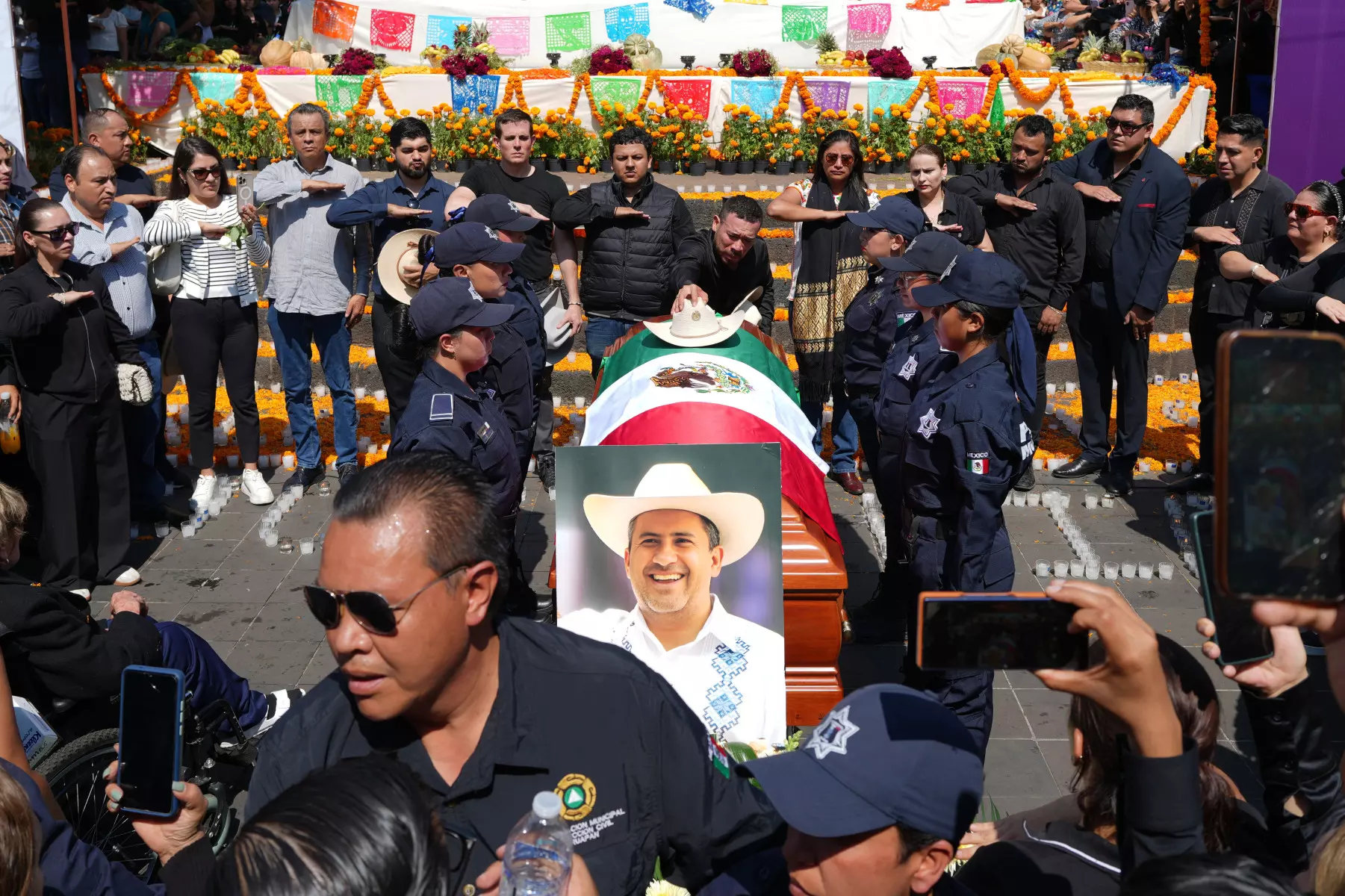
Foreign-trained lawyers in the U.S. are finding it difficult to secure H1B sponsorships in the non-profit sector. Although non-profits do provide visas, most of the opportunities are in research, healthcare, and education—areas where legal positions are scarce.
The majority of legal non-profits speciallize in immigration law, public defence, or policy advocacy. These positions usually necessitate a U.S. law license, making it more challenging for foreign-trained attorneys to qualify. Even if they are hired, visa sponsorship is not necessarily automatic.
Also Read – H1B’s Shocking Betrayal: H4 Wife Left in Ruins
Unlike the tech industry, many non-profits do not have the budget or legal bandwidth to handle the H1B process. This further complicates the ability for foreign-trained professionals to get a foothold.
Nonetheless, there are some organizations that provide pathways. Universities and law schools operate legal clinics and human rights program in which international expertise is an asset. Because they are cap-exempt, they are able to sponsor visas whenever they want.
Also Read – Leaving the U.S. With Memories and Millions
Policy think tanks and advocacy groups also employ legal researchers and analysts. Some of them are under the cap-exempt category, which makes sponsorships easier.
Non-profit H1B visa sponsorship jobs are not always postsed. Most organizations don’t post H1B sponsorships, but that doesn’t indicate they won’t provide them.
Also Read – H-1B Panic: Indians Go All Out to Stay in US?
Networking is key. Personal connections with people in the industry can uncover opportunities that may not be posted on job boards.





